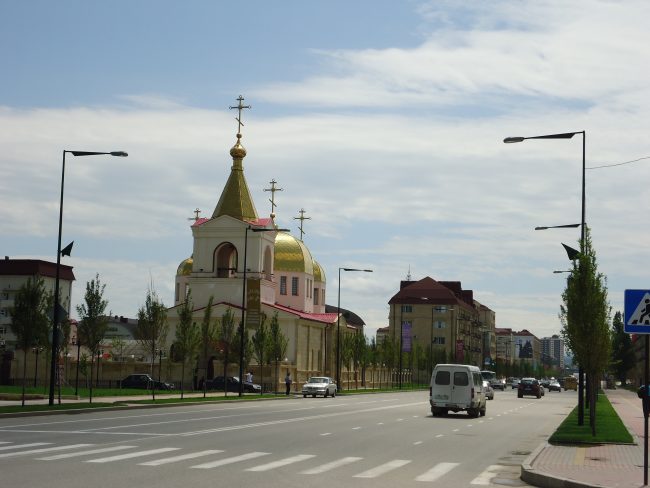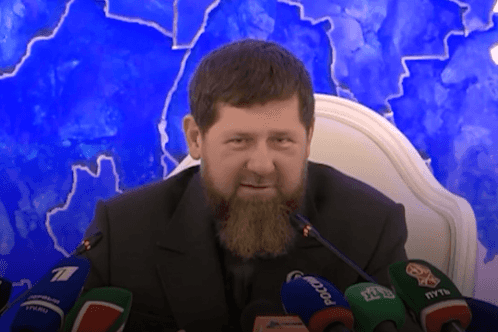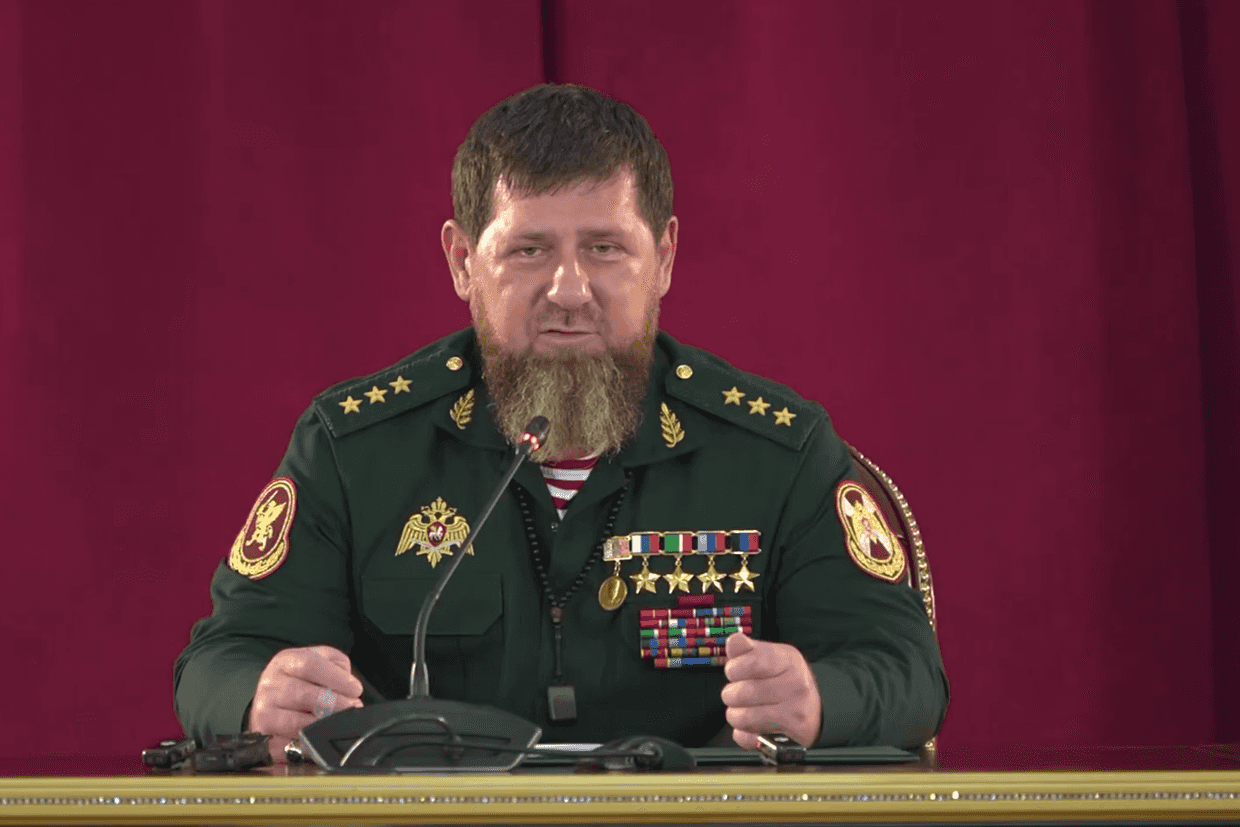

 Seven people have been left dead including four attackers after militants attempted to storm a church in the Chechen capital Grozny. According to Intelligence Group Enterprise, the Islamic State’s Caucasus Province has claimed responsibility for the attack, on the Archangel Michael Orthodox Church, the only Orthodox church in Grozny.
Seven people have been left dead including four attackers after militants attempted to storm a church in the Chechen capital Grozny. According to Intelligence Group Enterprise, the Islamic State’s Caucasus Province has claimed responsibility for the attack, on the Archangel Michael Orthodox Church, the only Orthodox church in Grozny.
The Islamic State released statements claiming responsibility for the attack in English and Russian through its mouthpiece Amaq news agency.
Local authorities said that four men armed with knives and guns assaulted the church with the aim of taking congregants hostage, but that the attack was thwarted by law enforcement. After hearing shots and Islamic chants, service attendees managed to shut down doors of the church, preventing the assailants from entering the building, Ria Novosti reported. Two police officers were reportedly killed protecting the Church in the ensuing shootout, with another two were wounded. One bystander was also left dead. All four attackers were killed.
The Head of Chechnya Ramzan Kadyrov said that he ‘immediately arrived at the scene’ and ‘personally oversaw the ongoing special operation, which took several minutes’. Social media channels associated with Kadyrov documented his supposed personal involvement.
Before the identities of the armed men assaulting the church became known, Kadyrov claimed to have ‘information that attackers have been instructed to carry out assault from a Western country’.
Later that day, officials identified the attackers as three young local men — brothers Amir and Ali Yunusov and Mikhail Elisultanov — and Akhmed Tsechoyev, a resident of neighbouring Ingushetia.
Following their identification, Kadyrov insisted via his Telegram channel that ‘focusing on the Islamic State would mean the investigation might lose focus on [the fighters’] real supporters’.
Kadyrov has relied on messaging app Telegram to deliver his messages since he was included in a US sanctions list and subsequently banned from Instagram, a platform he used extensively.
20th attack
According to Caucasian Knot, this was the 20th attack in Chechnya and the third on a religious institution claimed by the Islamic State since 2015. After Islamic State’s major strategic and territorial losses in Syria and Iraq, Russian authorities have warned Chechnya could face thousands of fighters returning to their homeland. However, according to University of Birmingham based doctoral researcher Mark Youngman, recent attacks have not involved ‘returnees’. A 2017 report from CREST, a British security think-tank, said that ‘most planned attacks linked to Syria and Iraq have not involved returnees’, as ‘domestic recruits appear to pose a greater threat’.
The Islamic State’s Caucasus Province replaced the Caucasus Emirate, an insurgency group linked with al-Qaida aiming to establish an Islamic state independent of Russia, in around 2015. The group operates in the Northeast Caucasus, especially Chechnya. In recent years, thousands of fighters from the North Caucasus have volunteered to fight in the Syrian civil war, many for the Islamic State.









